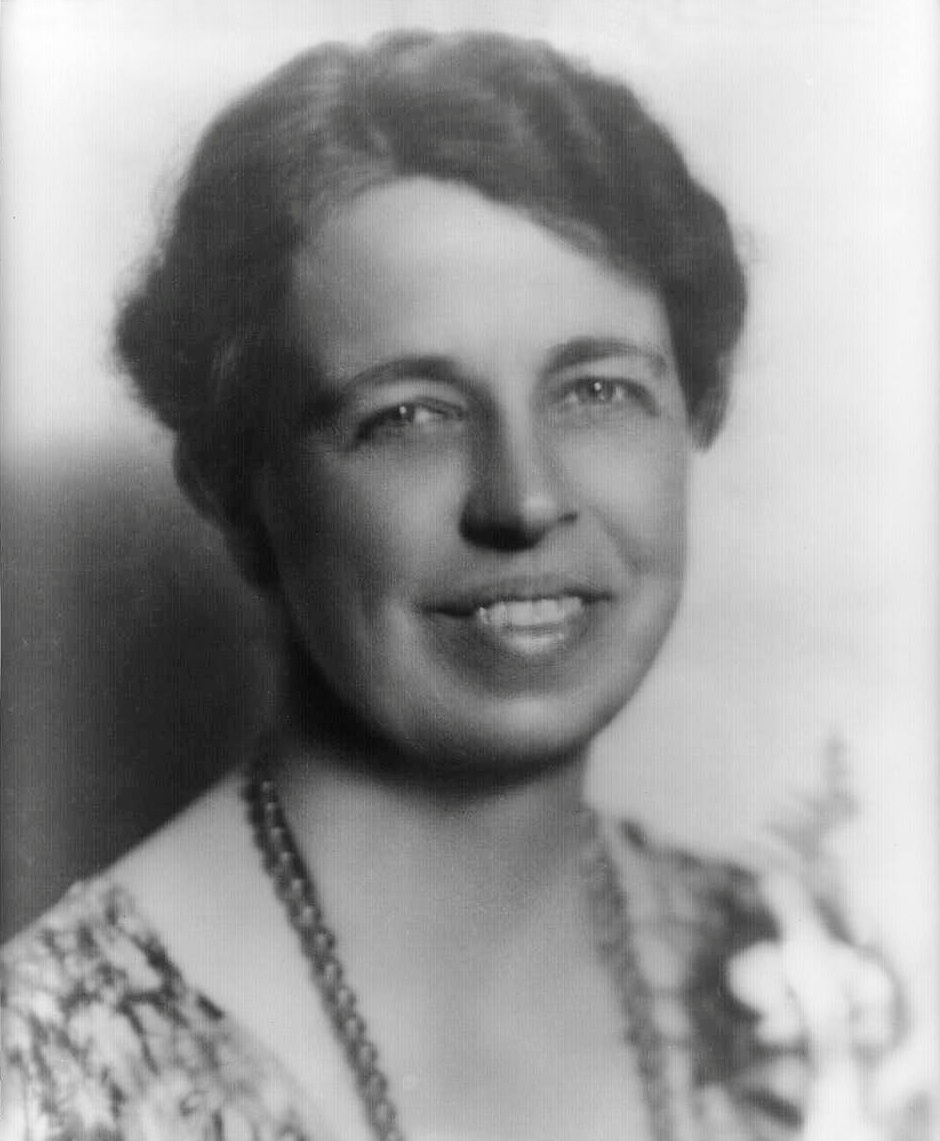Some evidence for Henry Buckle (1821-1862) as the source: see p.33 quotation https://books.google.com/books?id=2moaAAAAYAAJ&q=buckle#v=snippet&q=buckle&f=false
There are many published incidents of this as an anonymous proverb since at least 1948, and as a statement of Eleanor Roosevelt since at least 1992, but without any citation of an original source. It is also often attributed to Admiral Hyman G. Rickover but, though Rickover quoted this, he did not claim to be the author of it; in "The World of the Uneducated" in The Saturday Evening Post (28 November 1959), he prefaces it with "As the unknown sage puts it..."
Great minds discuss ideas, average minds discuss events, and little minds discuss people.
In this form it was quoted as an anonymous epigram in A Guide to Effective Public Speaking (1953) by Lawrence Henry Mouat
New York times Saturday review of books and art, 1931: ...Wanted, the correct quotation and origin of this expression: Great minds discuss ideas, average minds discuss events, small minds discuss people...
Several other variants or derivatives of the expression exist, but none provide a definite author:
Great minds discuss ideas, mediocre minds discuss events, small minds discuss personalities.
Great minds discuss ideas
Average minds discuss events
Small minds discuss people
Small minds discuss things
Average minds discuss people
Great minds discuss ideas
...Be less curious about people and more curious about ideas. (Marie Curie, undated (died 1934), as quoted in Living Adventures in Science by Henry and Dana Lee Thomas, 1972)
...Some professor of psychology who has been eavesdropping for years makes the statement that "The best minds discuss ideas; the second in ranking talk about things; while the third group, or the least in mentality, gossip about people"… (Hardware age, Volume 123, 1929)
...He now reports that, "the best minds discuss ideas; the second ranking talks about things; while the third and lowest mentality – starved for ideas – gossips about people." (Printers' Ink, Volume 139, Issue 2, 1927, p. 87)
...It has been said long ago that there were three classes of people in the world, and while they are subject to variation, for elemental consideration they are useful. The first is that large class of people who talk about people; the next class are those who talk about things; and the third class are those who discuss ideas... (H. J. Derbyshire, "Origin of mental species", 1919)
...Mrs. Conklin points out certain bad conversational habits and suggests good ones, quoting Buckle's classic classification of talkers into three orders of intelligence — those who talk about nothing but persons, those who talk about things and those who discuss ideas... (review of Mary Greer Conklin's book Conversation: What to say and how to say it in The Continent, Jan. 23, 1913, p. 118)
...[ Henry Thomas Buckle's ] thoughts and conversations were always on a high level, and I recollect a saying of his which not only greatly impressed me at the time, but which I have ever since cherished as a test of the mental calibre of friends and acquaintances. Buckle said, in his dogmatic way: "Men and women range themselves into three classes or orders of intelligence; you can tell the lowest class by their habit of always talking about persons, the next by the fact that their habit is always to converse about things; the highest by their preference for the discussion of ideas"… (Charles Stewart, "Haud immemor. Reminescences of legal and social life in Edinburgh and London. 1850-1900", 1901, p. 33 http://www.mocavo.com/Haud-Immemor-by-Charles-Stewart-Reminiscences-of-Life-in-Edinburgh-and-London-1850-1900/608008/13?browse=true#63).
Disputed
